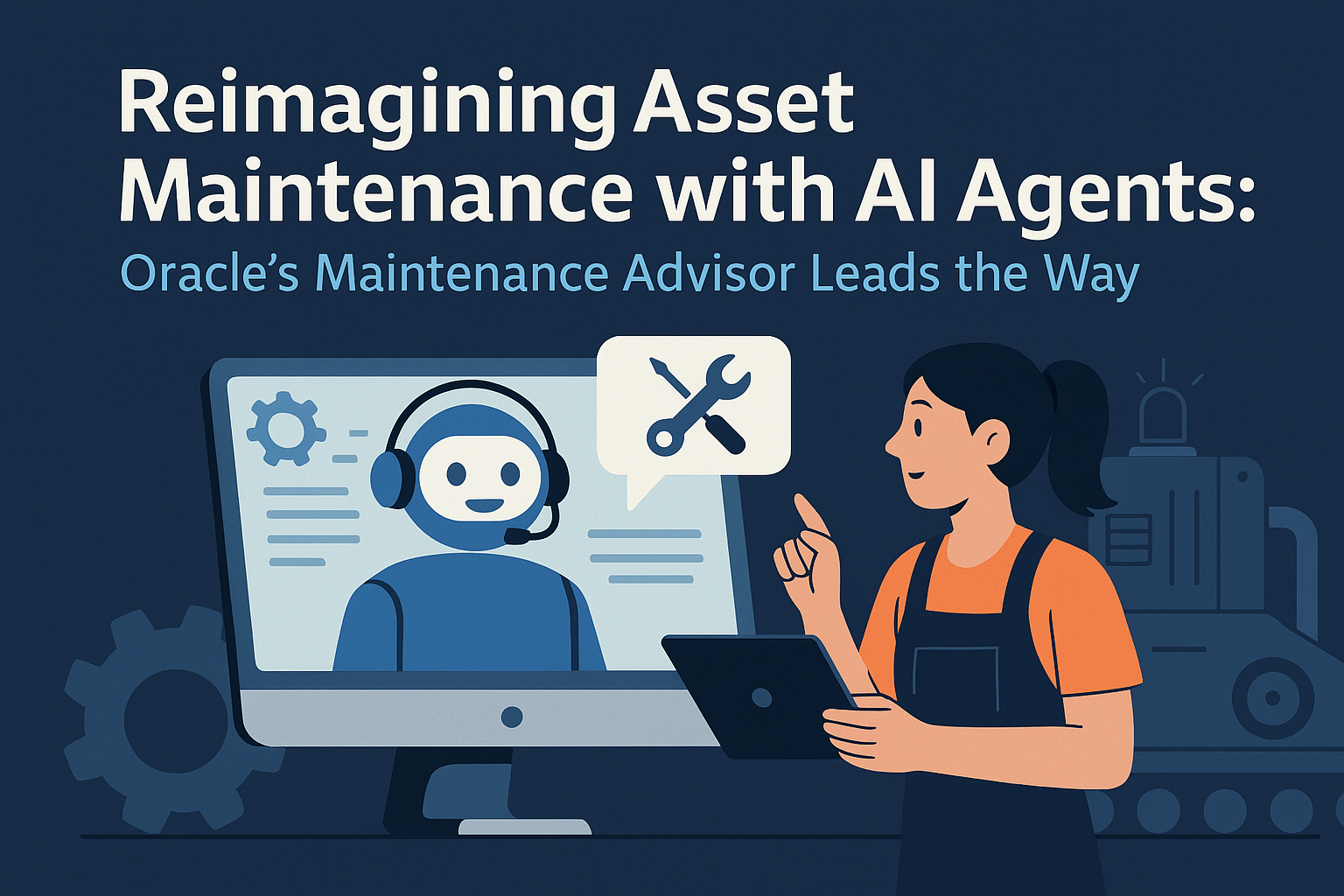Revolutionizing Property Sales: Technology's Role in Transforming Real Estate Transactions for Agents and Buyers

The process of buying, selling, and investing in real estate has undergone a seismic shift. Gone are the days when property sales relied solely on in-person visits and traditional paperwork. Today, digital tools, data analytics, and AI-driven platforms are transforming the real estate sales landscape, making it faster, more transparent, and more accessible.
This blog explores the innovations shaping Residential Sales, Commercial Sales, Real Estate Brokerage, and Real Estate Investment under the Property Sales vertical, highlighting how technology is enabling seamless transactions and reshaping the industry.
Today’s property buyers and sellers have higher expectations, driven by access to technology and information.
For Buyers: Virtual tours, real-time market insights, and online tools have empowered them to explore options remotely and make informed decisions.
For Sellers: Digital platforms enable efficient property listings, automated lead generation, and faster closings.
For Brokers and Investors: AI and big data provide actionable insights, optimize pricing, and identify lucrative opportunities.
Case 1: Virtual Tours Close the Deal
During the pandemic, a commercial property in San Francisco was sold entirely online, leveraging Matterport’s 3D virtual tours and AI-powered market data. The transaction saved weeks of time and reduced the cost of in-person visits.
Case 2: Big Data Fuels Better Investments
A real estate investor in Singapore used Reonomy to analyze property trends and identify undervalued assets in emerging neighborhoods. The result? A 25% ROI within two years, thanks to precise data insights.
Despite technological advancements, property sales face persistent hurdles:
Market Volatility: Economic shifts and geopolitical factors create unpredictability.
Transparency Issues: Buyers often struggle with hidden costs and lack of clarity.
Time-Consuming Processes: Traditional paperwork and manual verifications delay transactions.
Competition: Real estate professionals must differentiate themselves in a crowded market.
1. Virtual Reality (VR) and Augmented Reality (AR)
Buyers can explore properties through immersive virtual tours, eliminating the need for multiple site visits.
Example: Platforms like Matterport and EyeSpy360 provide 3D property tours that showcase every detail of a listing.
2. AI-Driven Market Analysis
AI tools like Zillow’s Zestimate analyze market data to predict property values, helping sellers price their listings competitively.
3. Blockchain for Transparent Transactions
Blockchain is making real estate sales more transparent and secure by enabling smart contracts and eliminating intermediaries.
Example: Companies like Propy offer blockchain-based platforms for property transactions, ensuring secure and tamper-proof records.
4. Digital Closing Platforms
Online platforms like Dotloop and DocuSign streamline document signing and compliance, enabling faster deal closures.
5. CRM and Lead Management Tools
Brokers use tools like HubSpot and Zoho CRM to nurture leads, track client interactions, and close deals efficiently.
The role of brokers has evolved significantly with technology:
Lead Generation: Brokers use AI-driven platforms like Compass to identify and nurture leads.
Data-Driven Decisions: Big data tools help brokers assess market trends and position properties effectively.
Enhanced Client Experience: CRM systems streamline communication and improve service quality.
What’s Next for Brokers?
The future of real estate brokerage lies in personalized client experiences, powered by AI and predictive analytics. For example, platforms like HouseCanary use machine learning to recommend properties tailored to buyers’ preferences.
1. Crowdfunding Platforms
Platforms like Fundrise and RealtyMogul allow individual investors to pool resources and invest in commercial and residential properties, democratizing real estate investment.
2. Predictive Analytics for High ROI
AI-driven tools analyze historical data and predict market trends, helping investors identify high-yield properties.
3. Green Investments
Eco-conscious investors are focusing on properties with green certifications, driven by rising demand for sustainable real estate.
|
Metric |
Traditional Process |
Technology-Driven Process |
Improvement (%) |
|---|---|---|---|
|
Average Closing Time |
60 days |
30 days |
-50% |
|
Buyer Engagement Rates |
40% |
70% |
+75% |
|
Lead Conversion Rates |
20% |
35% |
+75% |
|
Documentation Errors |
15% |
5% |
-67% |
In 2022, a luxury apartment in Kiev was sold via blockchain on Propy, making it one of the world’s first real estate transactions completed entirely through digital currency. The process, which traditionally takes weeks, was completed in under 24 hours, showcasing the potential of blockchain in streamlining property sales.
Leverage Virtual Tours: Showcase properties online with high-quality 3D tours.
Adopt AI Tools: Use AI for market analysis, lead scoring, and pricing optimization.
Invest in CRM Platforms: Track and manage client relationships effectively.
Embrace Blockchain: Ensure transparency and security in transactions.
Focus on Personalization: Use data to tailor services and create a superior client experience.
The property sales vertical is no longer defined by location and physical interactions; it’s driven by data, technology, and innovation. Whether you're a broker, investor, or developer, embracing these tools is essential to thrive in this competitive landscape.
As the famous real estate adage goes: "The best time to buy property was yesterday; the second-best time is today." With technology at your fingertips, now is the time to revolutionize the way you buy, sell, and invest in real estate.
The real estate industry has witnessed a dramatic shift from traditional processes to technology-driven solutions. Virtual Delivery Centers (VDCs) are at the forefront of this transformation, offering innovative ways to streamline property sales, enhance user experience, and increase operational efficiency.
How VDCs Enhance Real Estate Transactions:
AI-Driven Insights: VDCs leverage artificial intelligence to analyze market trends, property valuations, and buyer preferences, delivering actionable insights for agents and sellers.
Automation of Transactions: Smart contracts and blockchain-enabled solutions managed by VDCs ensure secure, transparent, and automated property transactions.
Enhanced Customer Experiences: From virtual tours to personalized property recommendations, VDCs develop tools that make the property search and purchase process seamless.
Cost-Efficient Scaling: Real estate firms can scale their operations without increasing overheads, thanks to on-demand access to global talent pools via VDCs.
Use Cases in Real Estate:
Virtual Property Tours: VDCs create immersive 3D experiences, enabling potential buyers to explore properties remotely.
Paperless Transactions: Developing blockchain-powered platforms for secure document management and automated transaction processing.
Market Analytics Tools: Custom-built solutions to help agents understand local markets and identify high-growth opportunities.
Lead Management Systems: AI-driven CRM platforms tailored to streamline the buyer-seller engagement process.
Benefits for Real Estate Stakeholders:
Agents and Brokers: Save time and improve client satisfaction by automating repetitive tasks and providing data-driven property insights.
Buyers and Sellers: Gain transparency, faster processes, and enhanced confidence in transactions through secure and reliable digital platforms.
Real Estate Firms: Stay competitive by adopting cutting-edge technologies without the need for large-scale internal IT teams.
Conclusion:
By leveraging Virtual Delivery Centers, real estate companies can embrace innovation at scale, delivering superior experiences to all stakeholders. As technology continues to redefine property sales, VDCs ensure that the industry remains agile, efficient, and customer-focused.

Discover how Oracle’s Maintenance Advisor AI agent is transforming equipment maintenance and repair workflows. Learn its enterprise impact, real-world applications, and the future of AI in industrial operations.